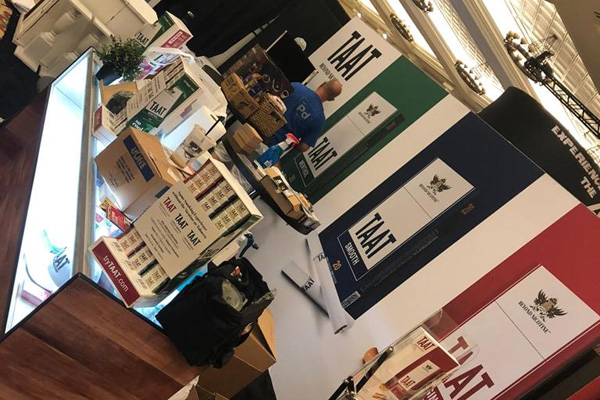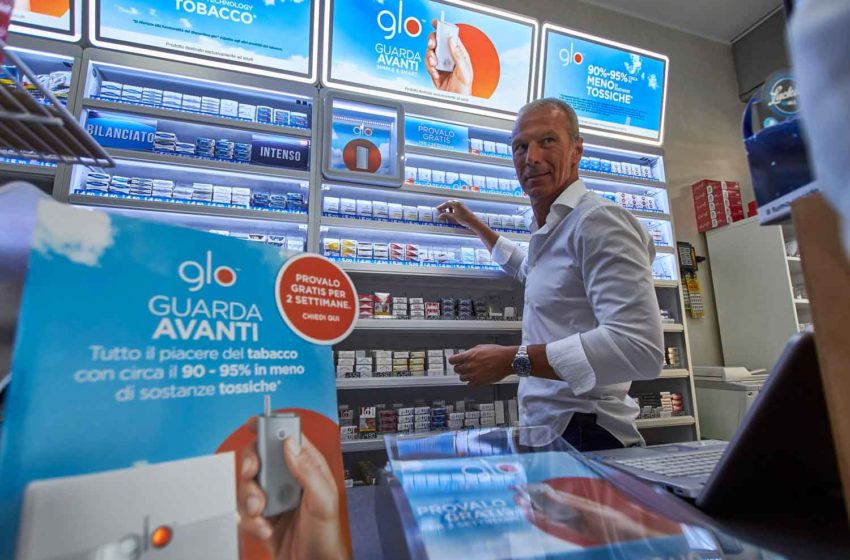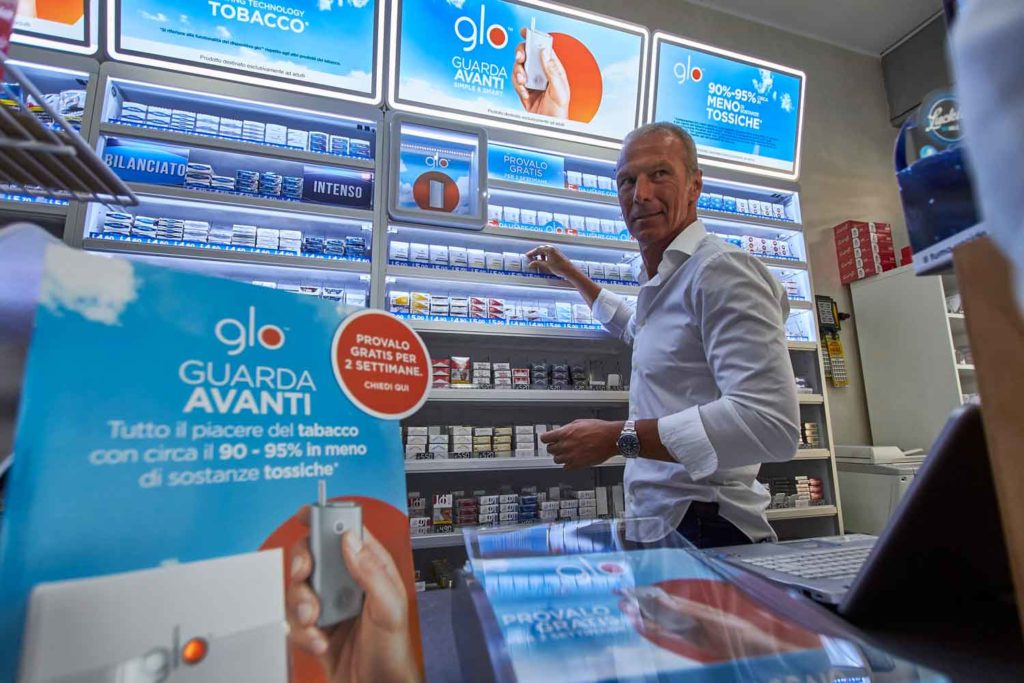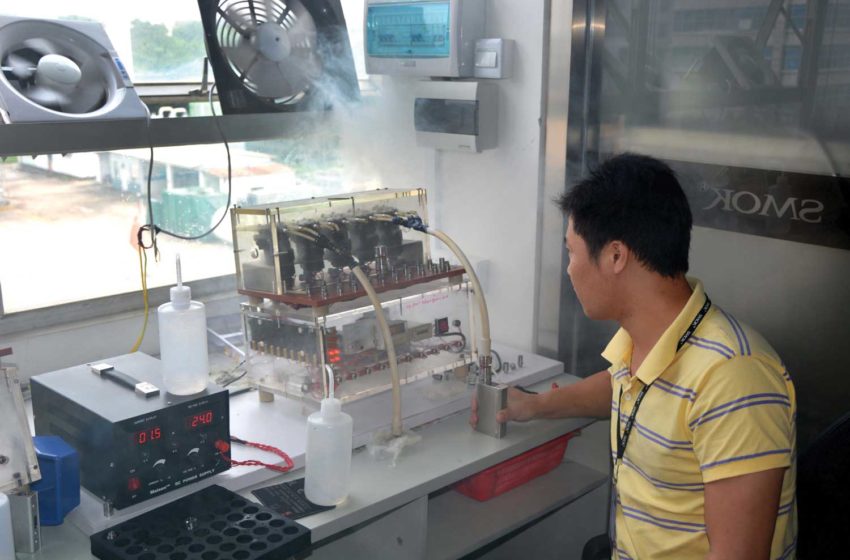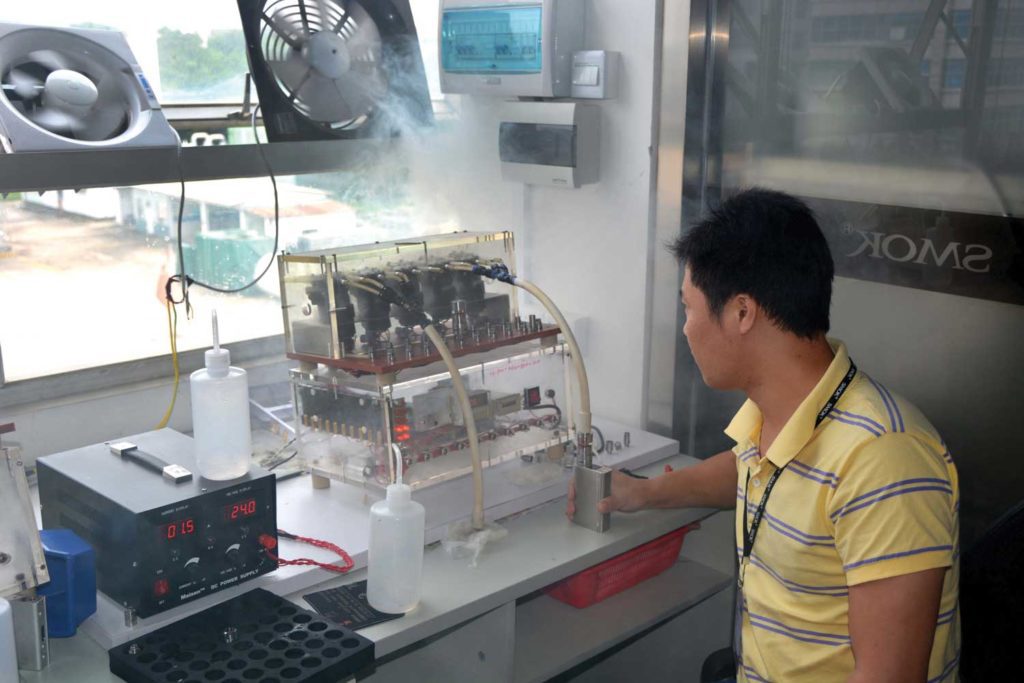
Imperial Brands expects its group net revenue to grow by around 1 percent on an organic constant currency basis for fiscal year 2021, the company revealed in a pre-close trading update ahead of its annual results announcement on Nov. 16.
“We have made good progress in implementing our strategy through a sharper management focus, greater investment behind our priority combustible tobacco markets and new market trials in heated-tobacco and vapor,” said Imperial Brands’ CEO. “We are building a high-performance culture with the introduction of new more consumer-focused ways of working and have made a significant number of new hires to enhance our capabilities in key areas. I am pleased to report the business continues to perform well and we remain on track to deliver our full-year results in line with expectations.”
In Imperial Brands’ combustible cigarette business, greater focus on the company’s five priority markets is beginning to stabilize the long-term aggregate market share performances in these markets with share expected to be slightly lower by around 2–3 basis points compared with a 17 basis point decline in the prior year. The company is stepping up its investment behind its strategic initiatives in each of these priority markets to drive performance improvements. Overall tobacco volumes are in line with expectations, and total group cigarette market share is expected to grow by about 20 basis points. The net effect of the Covid-19 travel restrictions and changes in consumer buying patterns have been a small mix benefit, according to Imperial Brands, although this is beginning to reduce as restrictions are lifted and is likely to unwind further in fiscal year 2022.

We have made progress in implementing our strategy through a sharper management focus, greater investment behind our priority combustible tobacco markets and market trials in heated-tobacco and vapor.
Stefan Bomhard, CEO, Imperial Brands
In next-generation products (NGP), Imperial Brands expects its second-half revenue to be at a similar level to the first half, reflecting the impact of market exits as the company focuses on the categories and markets with the best potential for sustainable growth. The company has taken steps this year to strengthen its capabilities and performance to create a solid foundation for future growth. In line with this strategy, it has launched market trials for its heated-tobacco proposition in the Czech Republic and Greece as well as a trial of an improved consumer marketing proposition for its vapor product, blu, in Charlotte, North Carolina, USA. The company says it will be monitoring the consumer response to these trials over the coming months and will update on progress during 2022.
Group adjusted organic operating profit growth is expected to be in line with Imperial Brands’ guidance of low to mid-single digit constant currency growth, reflecting significantly reduced losses in NGP and increased distribution profit. “The tobacco business has performed well, although adjusted operating profit will be slightly lower than last year, as previously guided, as a result of the planned increased investment to support our strategic plan as well as lower stock revenue/profit in Australia (about £90 million) and U.S. state litigation settlement costs (about £50 million),” the company wrote in its trading update.




